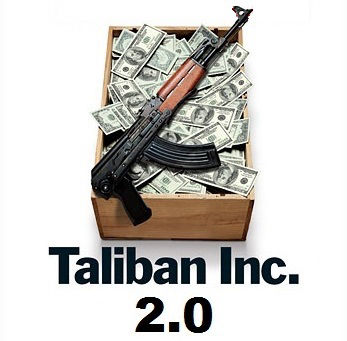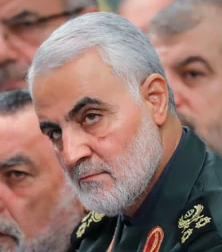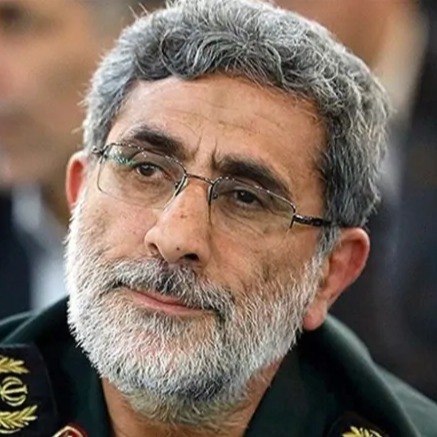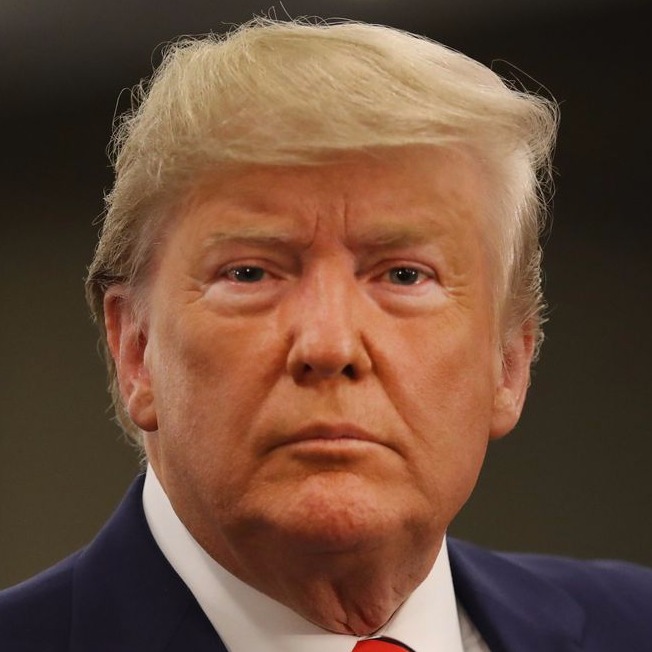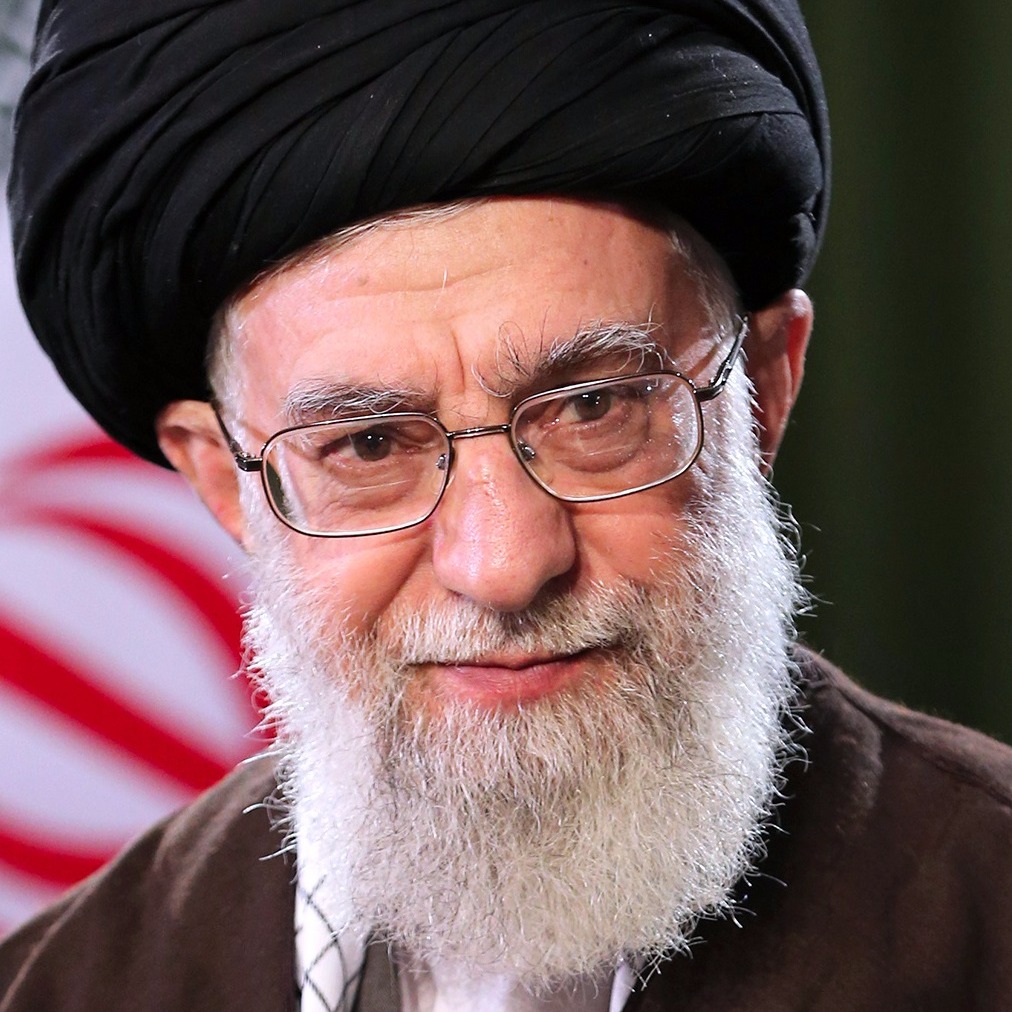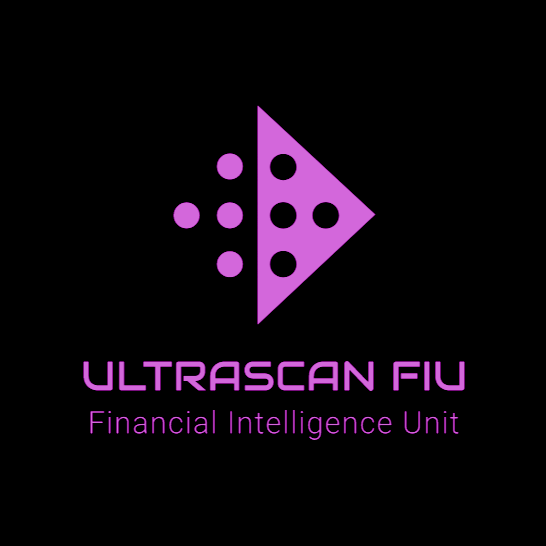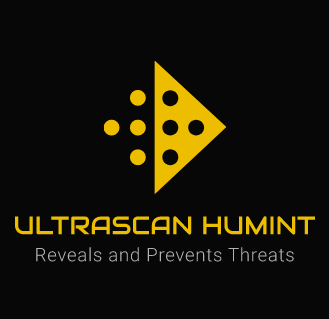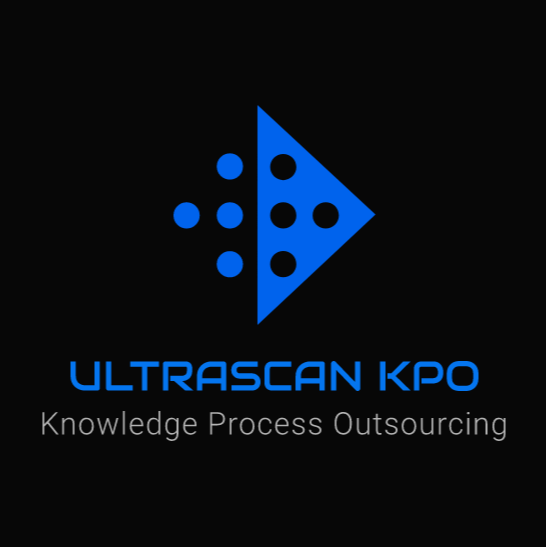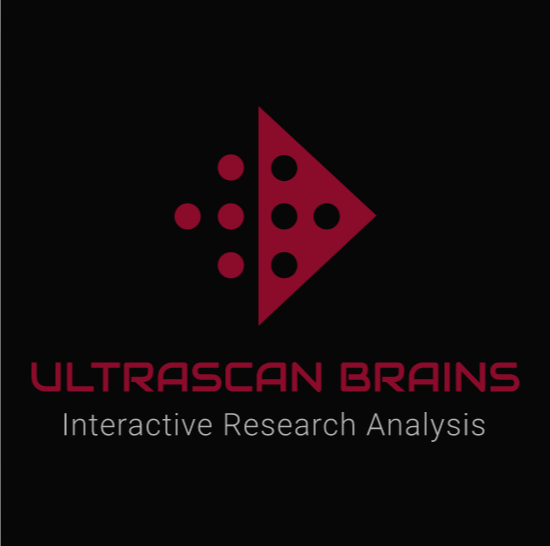The illegal proceeds are used to import "misappropriated" shipments of the most popular consumer electronics (... iPhone iPad ...) to stock discount outlets* , where big brands are sharply priced.
"Legally sold" in the context of officially registered companies*, the phisical and internet (B2B platforms e.g. gsmEchange.com) outlets* are tuned to the statistics of similar retail businesses in the area. Owners* and management* comply with industry rules/regulations and business legislation.
Significance of one in-house controlled business unit
To indicate the significance of one in-house controlled destination in Europe, consider one business week derived from the bookkeeping and customs documents: One packet of white heroin cost 1.000 and was sold for 80.000. An imported shipment of iPhone's, iPad's and Blackberry's was valued at 200.000 and sold for 550.000.
With yearly revenues* over 25.000.000 , the 240.000 operational cost of the business unit were negligible.
Follow the "fixed values"
After cost, the balance is invested in a mix of "fixed value" transnational services. In this case Satellite Bandwidth minutes , prepaid credits for mobile and IP services. Both are considered anonymous until ownership is registered to harmless end users.
In the ungoverned but liquid global market the minutes and credits are cleared as B2B financial derivatives, also by Taliban friendly or controlled telecom providers*.
Revenues do not return to the AfPak region
The main stream is transferred to Taliban controlled companies* in The Gulf (Qatar) with an unrestricted access to the international infrastructure and a focus on the communications and finance industry.
Secondary streams of transfers are tracked to MENA, West Africa, central Africa, east Africa and niche areas in Asia.
High stakes, maximum security
Even though their multinational business* format operates with the lowest probability of detection, a seemingly insignificant indication of a possible detection by local authorities resulted in immediate action. - November 2014
While stakeholders* instantly leave abroad, it is not uncommon that houses, commercial premises are set on fire and potential witnesses are killed.
----------------
First Published By Ultrascan-AGI in 2008, Ultrascan Humint in 2012, Ultrascan-research March 2015

